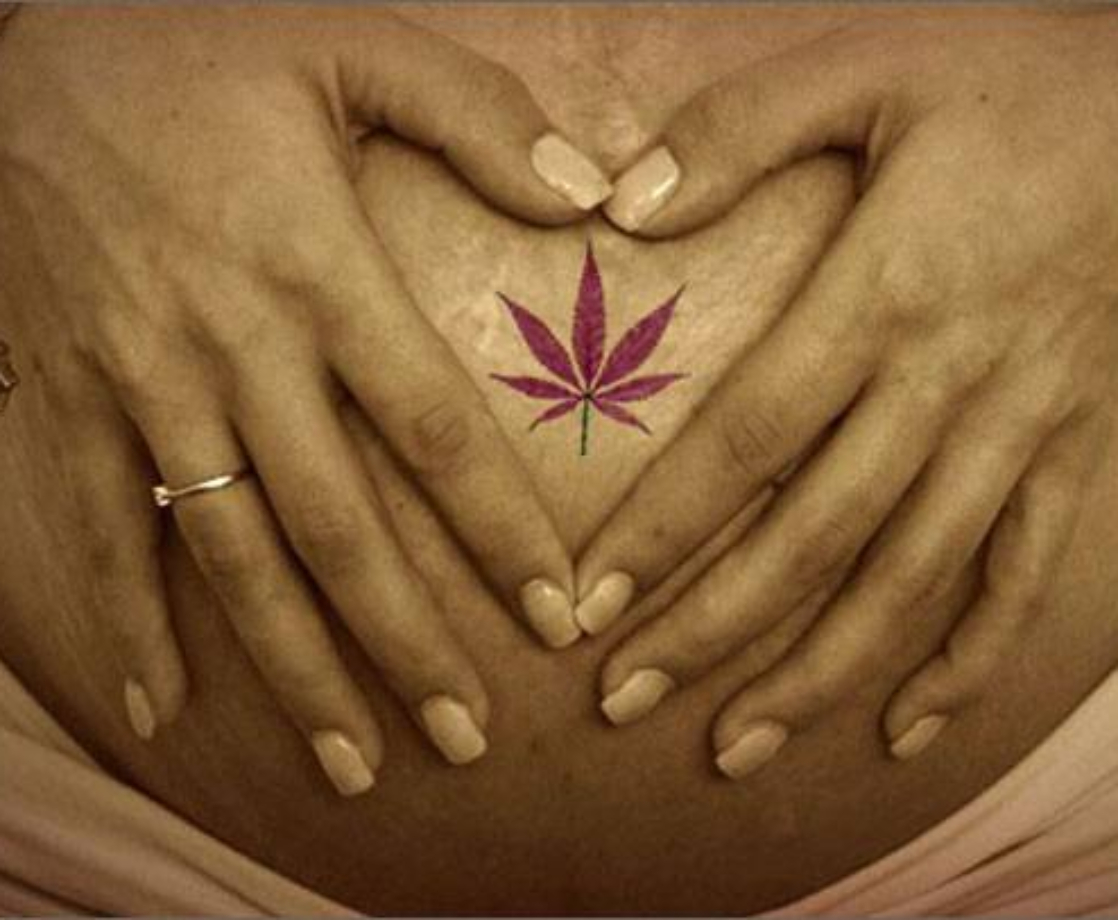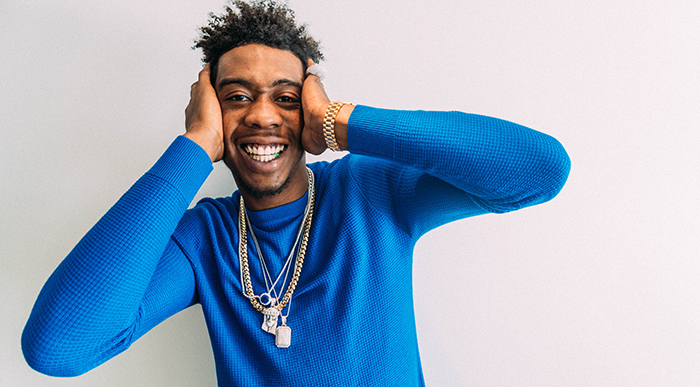All licensed marijuana products in California have been labeled pregnancy risks by the state.
On Wednesday, the state’s Developmental and Reproductive Toxicant Identification Committee voted to designate THC, the intoxicating component in cannabis, as a “developmental toxicant.” That means California now considers THC a health risk for fetuses in a similar manner as it does for tobacco.
“We reviewed probably several hundred studies,” Tracy Woodruff, a committee member and a medical school professor at the University of California-San Francisco, told WBUR. “We were focused on the effects of exposure to cannabinoid smoke and THC on development, so development of the fetus.”
One recent study concluded that compounds found in cannabis produced birth defects resembling those seen in fetal alcohol syndrome — cleft lips and palates, low birth weights, and brain structure abnormalities — but it only studied cannabinoids in genetically-engineered mice that are inherently prone to birth defects. Furthermore, the latest weed and birth defects study relied on two synthetic, lab-made cannabinoids that are far more potent than THC.
The issues with that study indicate a major problem with nearly every weed and pregnancy study: They’re often seriously flawed, but the media and medical communities will latch onto the study’s conclusions rather than looking at how the experiment was actually conducted. Many previous weed-and-pregnancy studies failed to distinguish polydrug use from cannabis use alone, which means researchers had no clue if marijuana or some other drug, like crack or alcohol, actually caused the defects.
To truly assess whether cannabis causes birth defects, scientists would need to dose pregnant people on THC, administer regular random screenings to ensure the subjects weren’t taking other drugs, then see how their babies came out. However, this is incredibly unethical by medical research standards, so we’ll likely never see this hypothetical experiment.
And even if cannabis did cause birth defects, we have some evidence that choline, a compound commonly found in eggs and peanuts, could minimize or even prevent birth defects caused by THC – assuming, of course, weed actually harms unborn children. After all, there have been other peer-reviewed studies, many with much larger sample sizes than seen in American research, that found no differences between kids birthed by sober parents versus kids birthed by parents who smoked weed.
California, though, isn’t a state that takes chances on consumer safety. In the ‘80s, the state passed Proposition 65, also known as the Safe Drinking Water and Toxic Enforcement Act. Under this law, the state maintains a list of all chemicals known to cause cancer or birth defects. The law gets updated regularly, and in 2018, the state rolled out a new requirement: All commercial products that contain these chemicals must feature a label stating such. And since weed is now legal in California, that means THC-containing products may get this same warning label, too.
California’s regulators don’t know how many pregnant residents are regularly (or even casually) consuming cannabis, but one 2018 survey found that over 70 percent of dispensaries in Colorado, the first state to legalize recreational weed, recommended cannabis to pregnant customers. Cannabis can effectively combat nausea caused by morning sickness, though whether pregnant people should abstain from smoking weed — or consuming THC products entirely — during pregnancy remains controversial.
Follow Randy Robinson on Twitter











